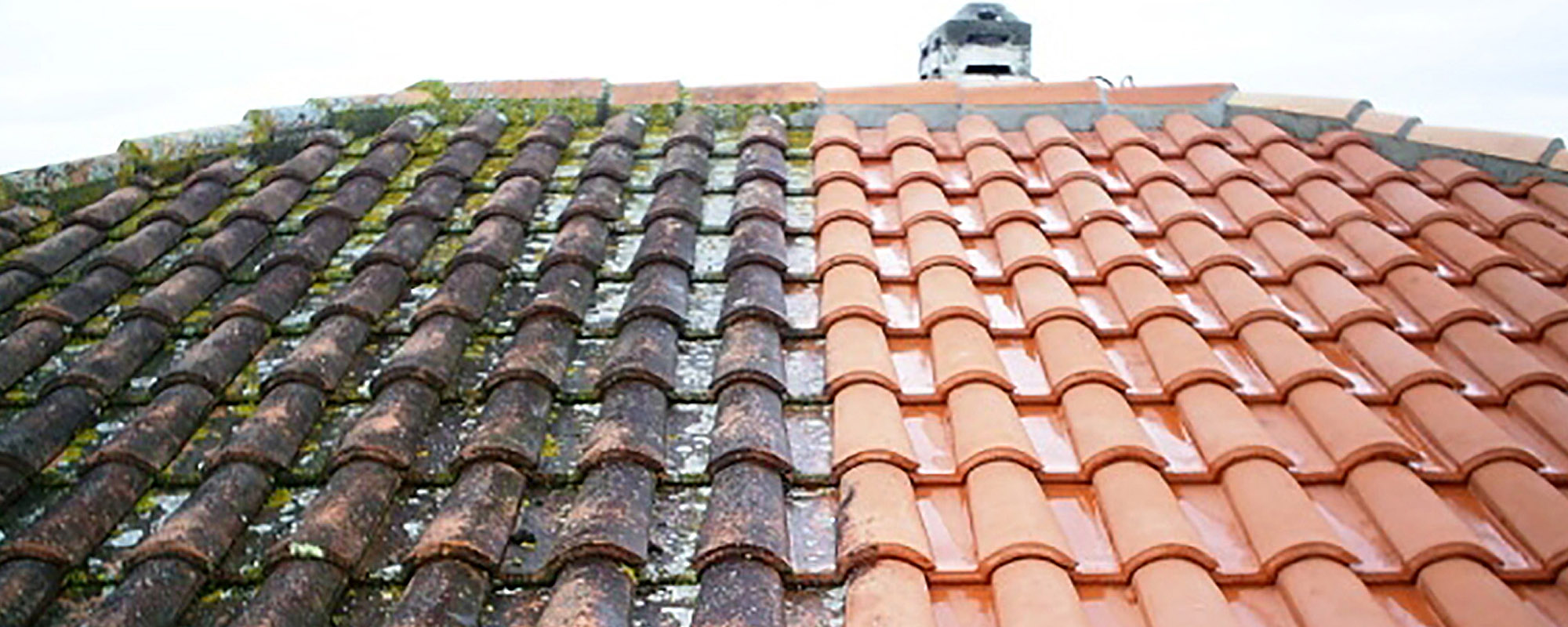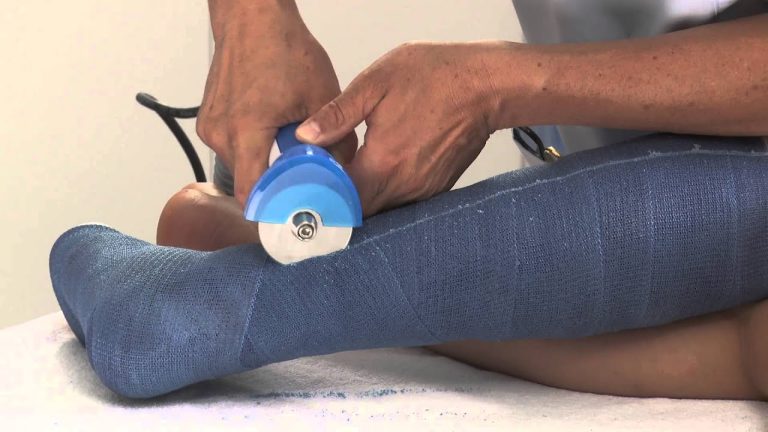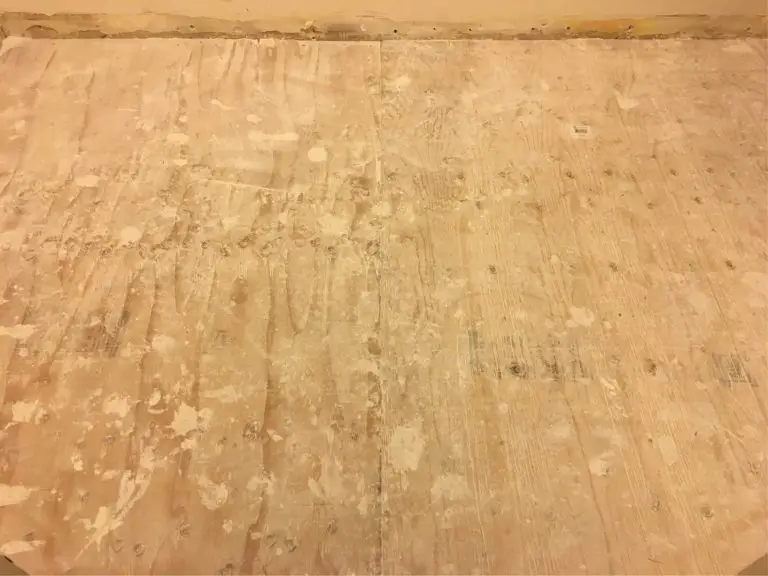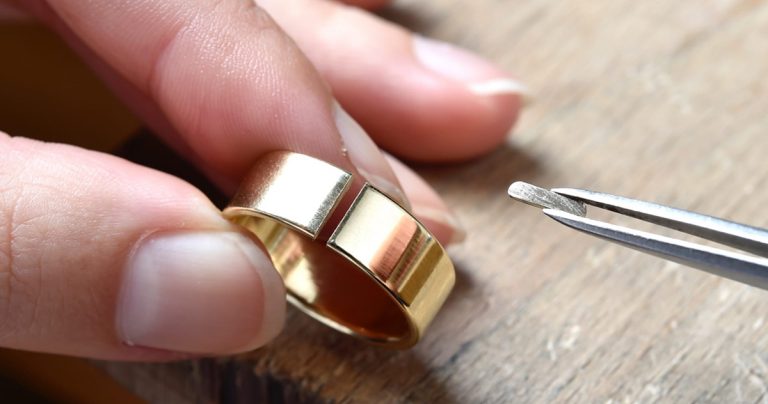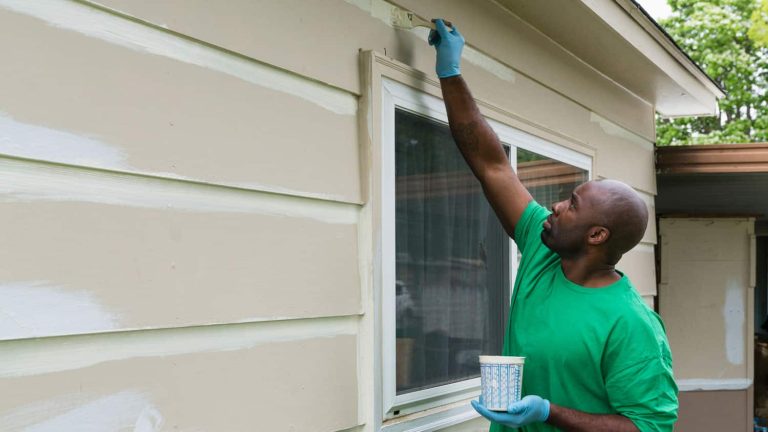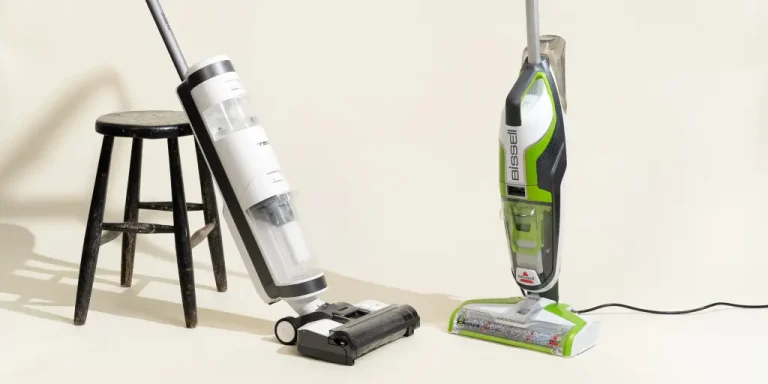Is Chlorine Good For Cleaning Roof Tiles?
Chlorine is a powerful cleaning and sanitizing agent that is often used to clean and disinfect a variety of surfaces, including roof tiles. Chlorine can be an effective option for removing dirt, mildew, and algae from roof tiles, and may be beneficial for preventing the growth of these substances on the tiles. It is important to note that chlorine can be very corrosive and should be used carefully and sparingly when cleaning roof tiles.
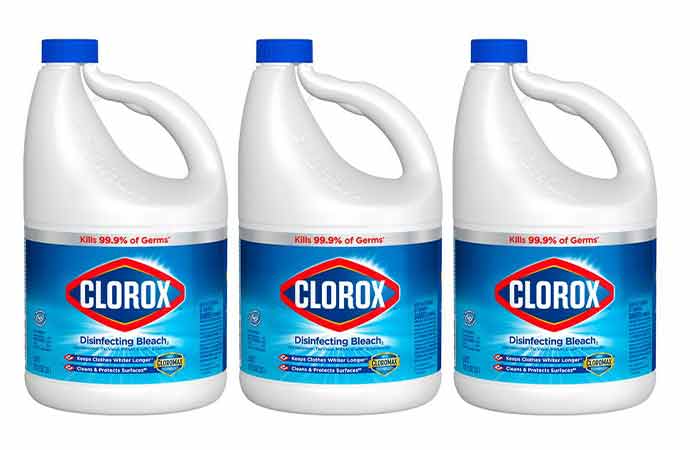
Overview of Roof Tiles
A roof is one of the most important components of a building; it provides protection from the elements and helps to create a comfortable living environment. Roof tiles are an essential part of any roofing system, providing strength and durability while also adding a sense of style to the building. Roof tiles come in a variety of shapes, sizes, materials, and colors, allowing homeowners to create unique and attractive designs. They are also designed to be weather-resistant, helping to protect the roof from the elements and extend its life. With proper installation and maintenance, roof tiles can provide a long-lasting and beautiful roofing system.
Benefits of Cleaning Roof Tiles
Regular cleaning of roof tiles is an important part of roof maintenance that is often overlooked. It not only helps maintain the aesthetic appeal of your home but also offers a number of practical benefits. Cleaning roof tiles helps to remove dirt, debris, and moss which can accumulate over time and cause damage to the roof, leading to costly repairs. It also reduces the risk of water damage by allowing for better drainage and helps protect against the growth of harmful microorganisms such as mold and mildew. In addition, regularly cleaning your roof tiles can improve the insulation of your home, save you money on energy bills, and even extend the life of your roof.
Chlorine as a Cleaning Agent
Chlorine is a powerful and effective cleaning agent. It has been used for centuries to sanitize and disinfect water and surfaces, making it one of the most widely used household cleaners. Chlorine is an effective sanitizer, killing bacteria, viruses, and mold spores. It also has a strong odor that helps to deter pests and can be used as a bleaching agent to remove stains from fabrics and surfaces. Chlorine is a safe cleaning agent when used correctly, but it can be toxic if ingested or inhaled, so it’s important to read the directions for use and follow safety instructions. By using chlorine as a cleaning agent, you can keep your home clean and germ-free without putting your family’s health at risk.
Advantages of Using Chlorine for Cleaning Roof Tiles
When it comes to cleaning roof tiles, chlorine is an effective and cost-efficient solution. Chlorine is a powerful disinfectant and cleaning agent that can help keep roof tiles clean and free of dirt, mold, and mildew. It is also highly effective at killing bacteria and germs that might be present on the surface. Additionally, chlorine is a relatively inexpensive cleaning option compared to other chemicals or products, making it a great choice for those on a budget. Additionally, chlorine is safe to use on roof tiles and will not damage them in any way. Finally, it can be easily applied using a variety of tools and techniques, allowing you to quickly and efficiently clean your roof tiles. All in all, chlorine is an excellent choice for cleaning roof tiles due to its effectiveness, affordability, and ease of application.
Disadvantages of Using Chlorine for Cleaning Roof Tiles
The use of chlorine for cleaning roof tiles can be an effective and efficient way to remove dirt, grime and other debris from the surface of the tiles. However, it is important to consider the potential drawbacks of using chlorine on roof tiles. Chlorine can be damaging to the materials in the tiles, causing them to break down or become brittle more quickly. Additionally, chlorine can cause discoloration of the tiles, which can be difficult to reverse. Finally, chlorine can have an irritating odor, making it difficult to stay in the area while cleaning is taking place. For these reasons, it is important to consider all the potential disadvantages of using chlorine for cleaning roof tiles before deciding to proceed.
Safety Precautions When Using Chlorine to Clean Roof Tiles
Chlorine is an effective cleaning agent for roof tiles, but it’s important to take proper safety precautions. When using chlorine to clean roof tiles, be sure to wear the appropriate safety equipment such as goggles, gloves, and a protective face mask. Additionally, always work in a well-ventilated area and keep children and pets away from the area you’re cleaning. Make sure to properly dilute the chlorine with water, as using it in its concentrated form can be hazardous to your health. Lastly, never mix chlorine with other cleaning agents, as this can create toxic fumes. Following these precautions will ensure you stay safe and get the best results when cleaning your roof tiles with chlorine.
Alternatives to Chlorine for Cleaning Roof Tiles
When it comes to cleaning roof tiles, chlorine often seems like the go-to solution. However, it’s important to remember that there are other viable alternatives that can be just as effective. For instance, vinegar is an inexpensive and natural option that can be used to tackle dirt, mold, and mildew. Additionally, baking soda is a great option that can be used with vinegar to create an even more powerful cleaning solution. Other options include oxygen bleach, hydrogen peroxide, and ammonia. Each of these options can be used to clean roof tiles without the harshness of chlorine. Ultimately, it’s important to remember that there are other options available when it comes to cleaning roof tiles. Consider giving one of these alternative solutions a try before reaching for the chlorine!
Conclusion
Chlorine has proven to be an effective and safe cleaning agent for roof tiles. It can be used to remove dirt, grime, and algae, and can also help to prevent the growth of moss and fungi. However, it is important to use it carefully and in moderation and to make sure that it is only used on tiles that are compatible with chlorine.

